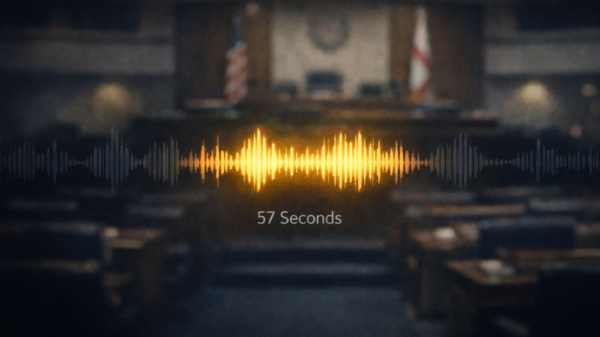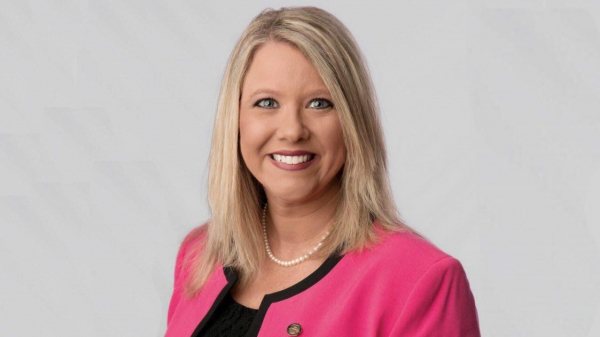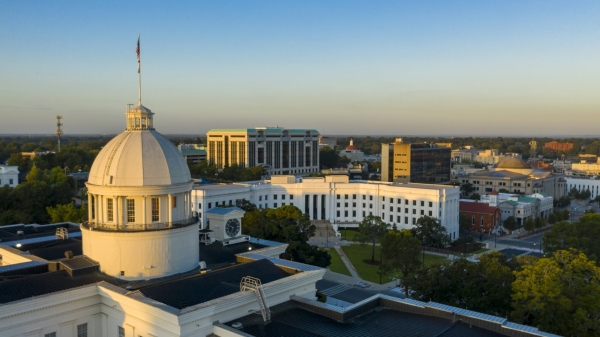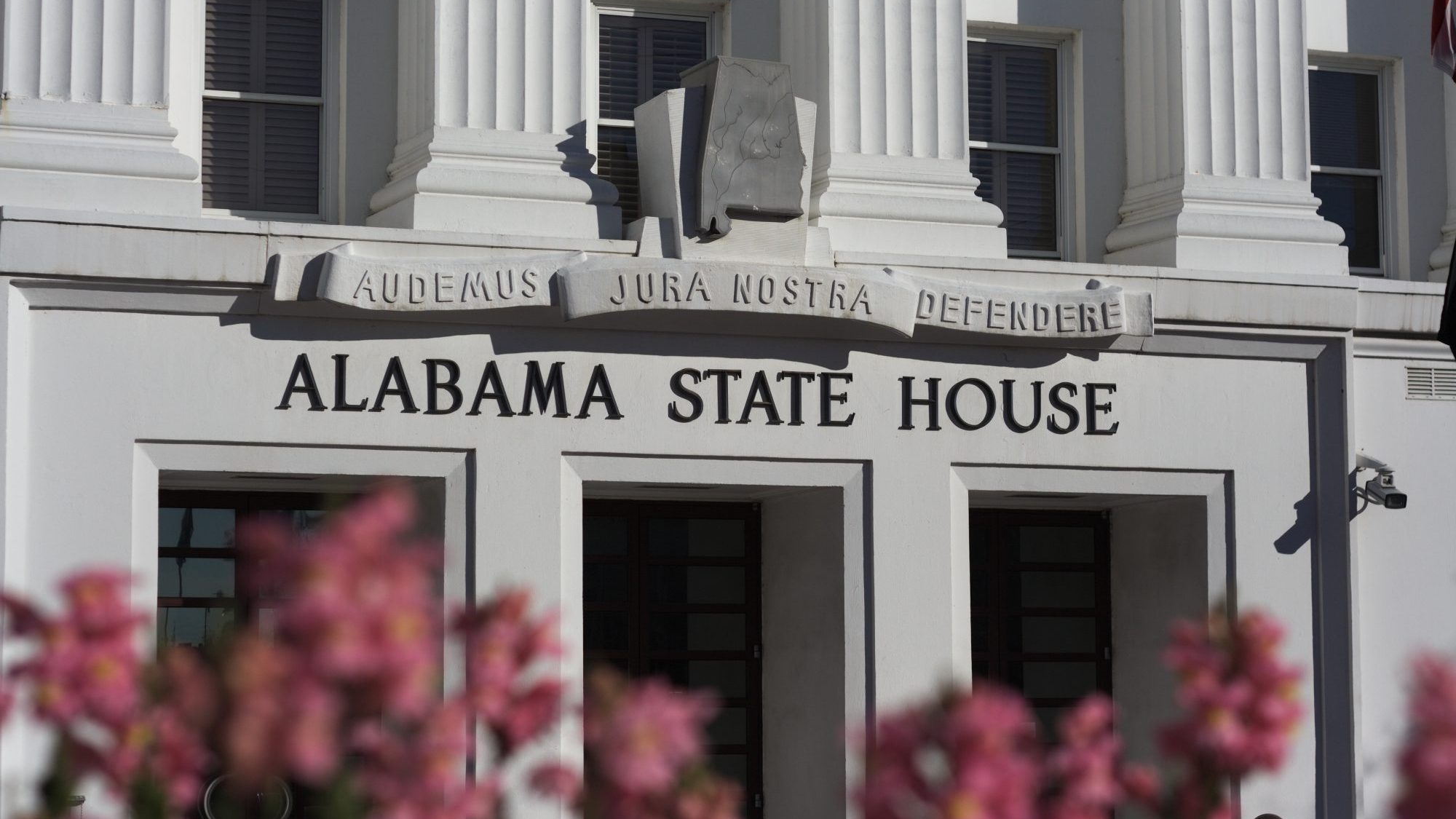Thursday, the Alabama House of Representatives passed HB 289, sponsored by Rep. Alan Baker, R-Brewton. The bill protects economic developers from having to register as lobbyists.
HB289 is similar in some respects to last year’s HB317, which passed last year but has a sunset provision that it expires this month.
HB289 has no sunset provision. While last year’s bill was targeted to protect site selectors and professional economic developers, this bill substantially broadens the professions being granted to include virtually every profession involved in site selection or economic development, even on a part-time or volunteer basis.
“This is a huge win for Alabama,” Baker said. It was important that the sunset be eliminated, because “the sunset had unpredictability going forward.”
Baker said that the bill does not really change anything as Alabama was already a “safe harbor for economic developers state.” This bill just codifies the structure of what was already the policy.
“It does not create a carve-out for economic developers from the ethics law,” Baker said. “In no way did this compromise the ethics law.”
The Alabama Political Reporter asked: HB317 was geared toward site selectors. I think we all understand why a site selector for Mercedes who was visiting Baldwin County would not want Toyota knowing what he was doing, but this goes much further than that did?
“Site selectors are only one element of the professions involved in economic development,” Baker said. Chamber of commerce professionals, industrial development boards, are also involved as well as local architects, engineers, whether they are working on a project on a project on a full time basis or a part time basis.”
“Having to sign a confidentiality agreement is condition one with these companies,” Baker said. If you don’t do that they are out of here.
Registered lobbyists have to disclose whom they are working for under current Alabama law. Some attorneys had speculated that a site selector or economic developer that talks to elected officials to discuss incentives as part of his or her job should have to register as lobbyists, which mean having to breach the confidentiality agreements that they work under. HB317, and now HB289, were written to prevent that from happening.
Reporters asked Speaker of the House Mac McCutcheon, R-Monrovia, why HB289 has been so much less controversial than HB317 was last year.
“We have had time to educate the members,” Speaker McCutcheon told the press. “There were a lot of newsmedia reporters that were not factual, because of that there was a lot of confusion among the members.”
Baker said that this bill is also part of a larger ethics reform bill that has just been dropped in the Senate. That is big ethics reform and this is the little ethics reform bill, but because there is a deadline to pass this before the sunset we felt the need to go ahead and get this passed.
During the brief floor debate, state Representative Brett Easterbrook, R-Deer Park, said that he supports the bill and has been involved in economic recruitment on the other side and with these companies, “If you make it hard for them to come they are gone.”
Former Alabama assistant Attorney General Matt Hart, who headed the AG’s special prosecutions division, had been critical of the present ethics reform effort. He was let go by Alabama Attorney General Steve Marshall (R) last year.
State Representative John Rogers, D-Birmingham, jokingly asked, “Where is Matt Hart now? He is dead and gone. Wherever he has gone. He is now working for the defense in some office somewhere.”
“This is a step in the right direction,” Rogers said referring to the bill.
State Representative Artis “A.J” McCambell, D-Livingston, expressed opposition to the bill.
McCampbell said that when we rush through things like this and lose transparency the people ultimately suffer.
The bill passed the House 94 to 4.
The Alabama Code of Ethics Clarification and Reform Commission has been meeting since the 2018 session to reform Alabama’s ethics laws and avoid any unintended consequences such as a economic developer being required to register as a lobbyist.


















































